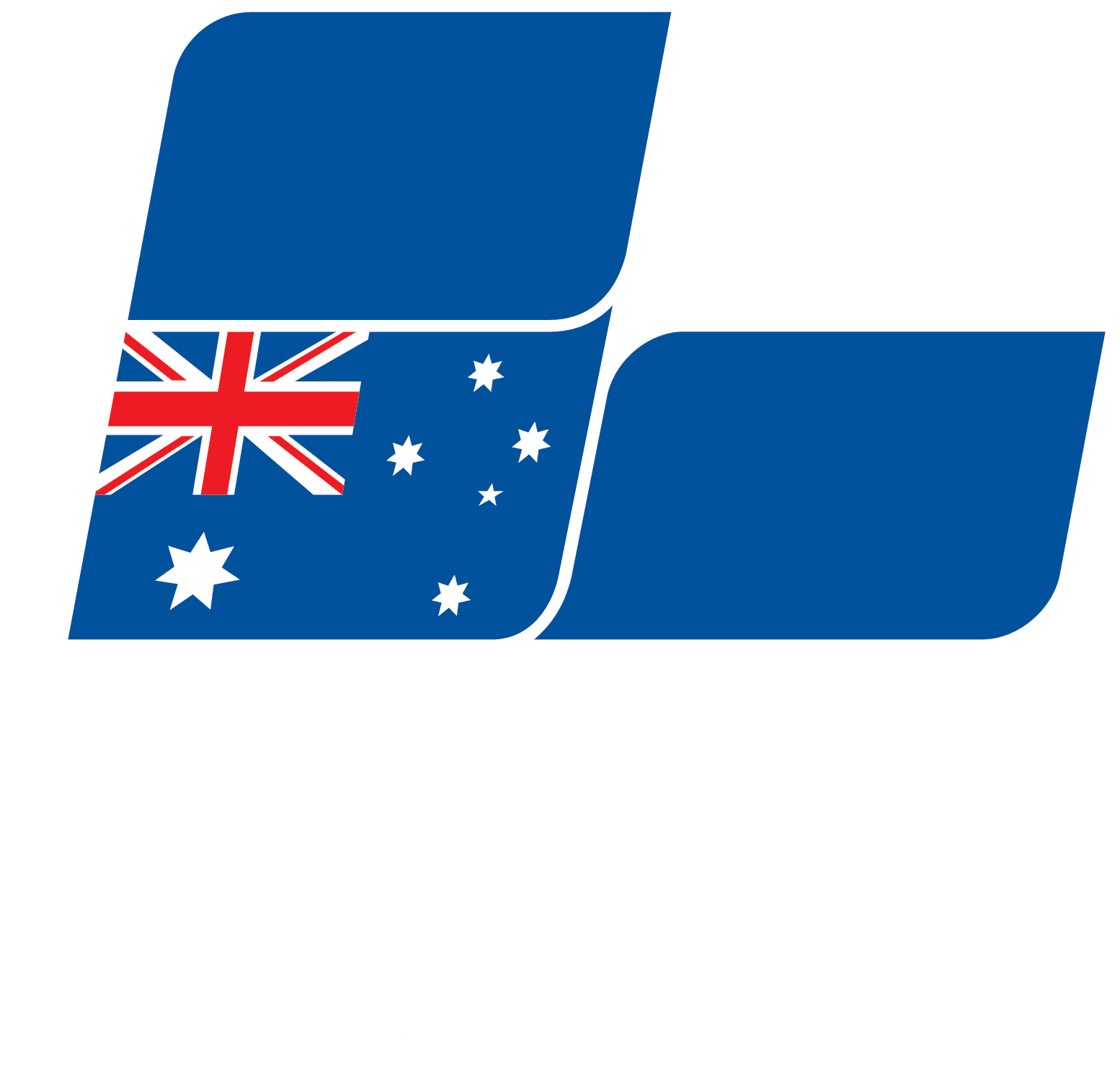Electoral and Other Legislation Amendment Bill 2017 – Second Reading – 11 September 2017
Senator REYNOLDS (Western Australia) (10:26): As the chair of the Joint Standing Committee on Electoral Matters, I’m incredibly proud of the work that this committee does on behalf of our nation. This is a committee that is truly multipartisan. It is a committee that is made up of very dedicated members and senators who have one focus, and that is on how to ensure the integrity of our electoral system and our processes. I would like to take this opportunity to thank my deputy chair, Mr Andrew Giles, who, again, works very diligently in this committee. I would also like to acknowledge Senator Lee Rhiannon for her deep engagement in this committee and this inquiry in particular.
In every functional and robust democracy, an effective electoral management body is essential to conduct free and fair elections, and Australia is no exception. We, like everybody else in a democracy, need to make sure that we pay constant attention to the health of our electoral processes and systems. Regardless of whether or not voters dislike or disagree with the result of an election, whether that is in an individual seat or a national election, Australian citizens, as voters, must have the utmost confidence in the system and that the results declared by the AEC accurately represent the votes cast by all Australians. So, today, I very proudly rise to support the Electoral and Other Legislation Amendment Bill 2017.
The right to freedom of speech and the right to communicate campaign messages are cornerstones of all Western democracies, and they underpin our own unique Australian democracy. The right to freedom of speech and the right to communicate campaign messages should be and must be rights enjoyed by all Australians, but they also have to be protected. Every Australian voter must be confident that their voice has been heard in our electoral system and that all parties have acted within the rules, free of undue influence or foreign interference. With this bill, the government is taking the necessary and appropriate steps to ensure that all parties act within the rules and, therefore, that all Australians can have confidence in our electoral system. The bill achieves this by ensuring two things: firstly, that electoral and referendum communication is clearly authorised, irrespective of the medium in which this information is communicated; and, secondly, that authorisation requirements are harmonised across media and all mediums of communication.
In December last year, the Joint Standing Committee on Electoral Matters, which is, as I said, the committee that I chair, tabled its first interim report into the authorisation of voter communication. As part of the committee’s wider inquiry into all aspects of the conduct of the 2016 federal election, the committee released its multipartisan interim report and made six unanimous recommendations to strengthen the Commonwealth Electoral Act and to ensure that every Australian has confidence with not only the electoral system but also the parties engaging in political activities and campaign communication and that they’re doing so in accordance with fair and very transparent rules.
The committee, as documented in our report, found that the current Commonwealth electoral laws have not kept pace with technological change and advancement in communication methods. The committee heard evidence that loopholes have emerged which made it possible, in the 2016 election, to communicate anonymously and to send misleading messages to voters via new mediums that the Electoral Act does not currently regulate—in fact, that were not even foreseen when the electoral act was written. These new mediums of communication include social-media platforms, such as Twitter and Facebook; other evolving digital platforms, such as SMS; and the use of what are referred to as robocalls. The very same messages if communicated through more traditional means, such as flyers and print advertisements, would have been subject to the authorisation requirements under the current Electoral Act. As such, this bill is a sensible one to modernise and foolproof, in a way, the Electoral Act so that messages requiring authorisations are consistent regardless of the medium in which they are conveyed.
Authorisation requirements for electoral materials are longstanding and well understood by political participants. In fact, they were included in the earliest Commonwealth electoral law in 1902. The committee has reaffirmed the principles on which these laws were founded many times. However, the committee, in this report, identified that the current Commonwealth Electoral Act had developed in a very piecemeal fashion and, as I said, had not kept pace with rapid technological changes in methods of communication, which had resulted in the emergence of these loopholes.
This bill, amongst other things, will directly target and close these loopholes by ensuring that authorisations will be required for all paid advertisements containing electoral matter in addition to political communications, whether paid or unpaid, by or on behalf of identities with disclosure requirements under the Electoral Act. This will include political parties, candidates, associated entities and donors that exceed the current disclosure threshold of $13,200. Additionally, the bill will provide exceptions, such news and editorial content and communications for personal purposes, and it will not infringe on our democratic right of freedom of communication. This bill will also ensure that authorisations include the name of the individual responsible and their location, and, where a communication is made by or on behalf of a disclosure entity, include the name of the organisation. Under these new amendments certain printed materials will continue to include the name of the printer. In addition, the Australian Electoral Commission will have the power to issue legislative instruments to clarify how communications in various emerging media forms should be authorised. For the first time, requirements will be harmonised across all media forms, which will result in simplified compliance and assurance. The AEC will also have additional powers to identify noncompliant entities and enforce compliance with increased financial penalties and a revised civil penalty regime.
The 2016 federal election saw concerns raised regarding the authorisation of electoral material. Subsequently, questions have been asked about the current legislation and whether it is really designed to meet the needs of the 21st century. In the course of the committee inquiry, it also came to light that the AEC had inadequate powers to enforce some of the provisions within the Electoral Act. Additionally, many of the penalties associated with noncompliance have clearly been shown not to be a deterrent. Many associated entities and third parties, time and time again, continue to circumvent the rules and act in ways that many may consider to be unethical and lacking in integrity.
Through this bill, the AEC will be able to enforce authorisation requirements using additional information-gathering powers through a new ability to accept an enforceable undertaking and by seeking an injunction or financial penalties in the courts. Further, the AEC will also have the power to provide clear instructions as to how to authorise communications in a way that is appropriate for that particular medium—again, making compliance simpler. In the 21st century, these are vital measures to ensure that the laws are modernised and that the AEC have the capability to perform their very important responsibilities in our democracy.
This is a step forward in ensuring greater enforcement of the regulations so that all political actors in Australia are acting in accordance with the rules and regulations, and, ultimately, so that Australians have confidence in the legitimacy of the communication messages that they are receiving. As part of that, it’s absolutely important—it’s critical, in fact—that they know who those messages are coming from, which then allows them to make assessments about their validity, and about the perspective and the point of view that are being communicated to them.
The committee agreed that these amendments are based on three core principles which we’ve also applied to other considerations in relation to the health of the Electoral Act. We believe these three principles will add to a fairer electoral system but not impact the capacity of candidates, parties and other political actors to make their point. In consideration of the evidence provided to the committee through submissions and from witnesses at the nine public hearings we conducted right around our country, the committee recommended that the Commonwealth Electoral Act be amended to specifically address the matters of authorisation.
The three principles that have underpinned consideration by the committee in this particular inquiry and in this particular report are ones that we’ve continued through all of our deliberations. The first one is accountability—that is, to ensure parties and other participants are held to account and are responsible for their political statements in the public arena and the communications that they have with voters. That’s the first one: accountability. The second principle that underpins all of the committee’s deliberations is traceability. Traceability is very important because those who authorise electoral materials need to be identifiable and traceable (1) so people know where material has come from and (2) in case of any enforcement action that the AEC is required to do. The third principle is consistency. Consistency is important in the application of the rules and requirements to all electoral materials so that we have one simple, consistent rule for all actors.
These principles of accountability, traceability and consistency in authorising electoral materials remain essential to provide a clear context for the message and to allow all voters to have confidence in the message or the position contained in that electoral material. It also reassures voters that those disseminating electoral material in the public domain are accountable for what they say and what they do in an electoral context. I believe, as I know all members of the Joint Standing Committee on Electoral Matters believe, that this is one of the most important checks and balances built into our electoral system to ensure its integrity and its accountability for campaigning in our particular democracy. This government’s commitment to electoral integrity and to ensuring that Australian voters have confidence in the electoral system is to be commended, as is the commitment by those opposite—and, in fact, by all major parties—to this, and I thank all for that.
This bill, the Electoral and Other Legislation Amendment Bill 2017, reaffirms both the commitment and the recommendations of the committee. I applaud the government for taking the responsible, necessary and appropriate measures as one way of ensuring electoral integrity and the confidence of Australian voters in our electoral system. I know this bill has been meticulously drafted to ensure the primacy of voter communication being accurate so that voters can have confidence in it. Also, I believe, it doesn’t infringe on the right we all have to freedom of association but particularly freedom of communication.
Given the committee’s unanimous agreement that there must be a level playing field for all parties and political participants, this extension of the Criminal Code will ensure that Australians have confidence in the legitimacy of communications. In the interim report, the committee acknowledged that those three principles I outlined were essential elements, and again I congratulate all sides of politics on supporting these and supporting this bill. I think the bipartisan interim report and now the bill that we’re considering here today are great examples of what we can do in this place when we all work together in the national interest.
In conclusion, again, I commend the government for bringing this bill forward, and all in this chamber and in the other place for their support for this committee and its recommendations.


